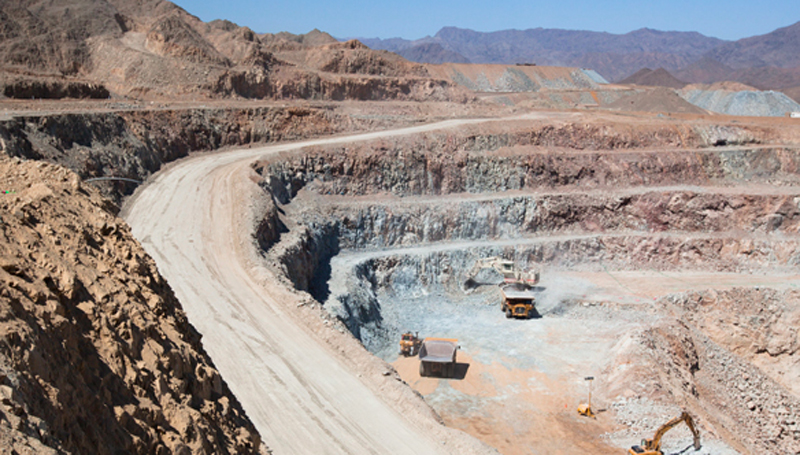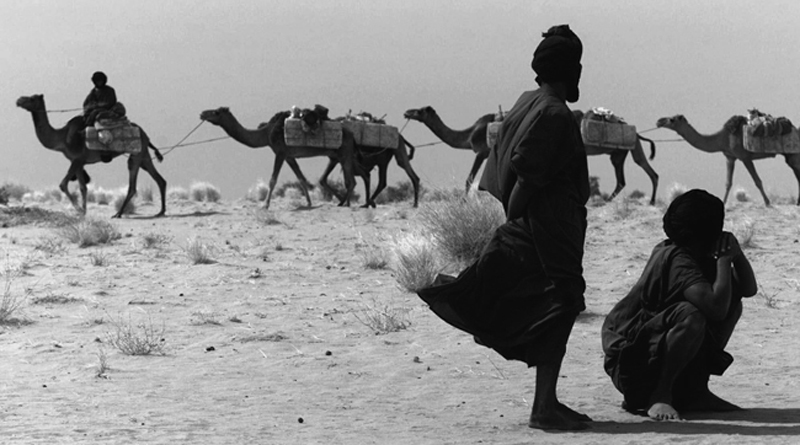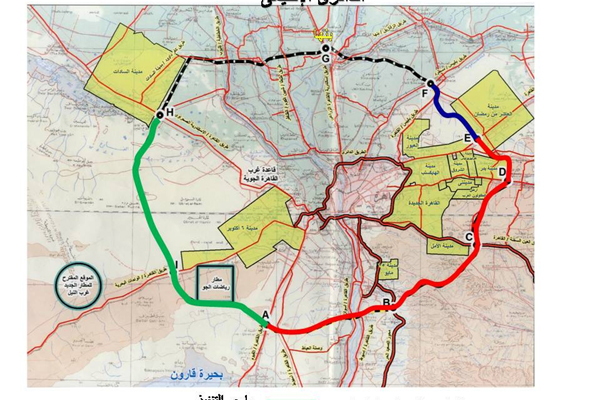Manufacturers say the government should look to Turkish and Indian models before creating a gold centre in Egypt, Ahmed El-Mahdi reports
Statements by the Minister of Supply and Internal Trade on plans by gold investors to establish a global ‘city for gold’ in Egypt have caused confusion among producers and gold merchants, who say the controversy surrounding reports of its possible venue could prejudice any benefits to the sector.
Meanwhile the private sector is said to be unable to finance the establishment of such a ‘city’, which it regards as the government’s mission.
Rafiq Abbassi, head of the Gold Section at the Chamber of Metal Industries of the Federation of Industries, cited reports about establishing the city near gold mines, including the Sokkari mine. This would be impossible, particularly since a city like that needed to be near distribution areas. It would be more beneficial to place it in al-Obour City, where the ministry had inaugurated the large Assay and Weights Administration building and, therefore, workshops and factories would be near the administration for assaying jewellery, he said.
If the city were established in a suitable way and the atmosphere were favourable for the sector, then this would reflect positively on the production movement, which amounts to 50 tons per year, worth an annual LE12.5bn. Abbassi said this would contribute to increasing exports, and he called on the government to make use of the Turkish and Indian experiments in developing the sector through setting up a system to allow banks to work in the sector through funding and other means.
Establishing an area such as that would ensure an increase in expertise and the production of better jewellery, particularly with the presence of complexes of people employed in various workshops and factories that would enable them to exchange expertise, something factory owners tend to refuse to do in order to maintain competition and to avoid trade secrets with the other factories, Abbassi added.
He pointed to several special areas for jewellery in Europe, including Italy, and added that the section had thought about establishing a centre for manufacturing and distributing gold, and this had been approved. However, the government called on the section at the Federation of Egyptian Industries to prepare studies for the centre, which the section would find difficult to fund.
Abbassi added that merchants and manufacturers could establish such a centre for factories and sales outlets only if the government allocated a piece of land for that purpose, and said such a move would be impossible without the government’s support. If land were allocated, then investors could hire an engineering consultant company and plan for an integral gold city with the participation of all merchants and manufacturers, he added.
He pointed out that the idea was sound and the government could provide assistance, short of taking absolute control of the sector. This echoes media reports of statements by the minister of supply over the past few days.
The secretary of the jewellery department at the Cairo Chamber of Commerce, Nadi Naguib, said that despite the opening of the new Assay and Weight Administration premises at al-Obour City. the old premises were still in the Gamaliya district near the merchants and workshops, but that since its establishment several gold merchants and workshops had moved their businesses to the vicinity. Gold is a commodity that needs to be stored close to the assay administration as transferring it is a problem for fear of theft.
The ministry opened the new premises equipped with the latest technology with the aim of establishing a conveniently located international zone for gold, Naguib said, adding that it was better to choose another venue for the gold city, one near the merchants and factories, particularly when al-Obour City was far away and many merchants were coming in from other provinces. The Jewellery industry in al-Gamaliya is nearby, and it is preferable to to choose a venue nearer than al-Obour.
Egypt’s Minister of Supply, Dr Khaled Hefni, said in a recent statement that the revenues of the Assay and Weight Administration hit about LE74mn in 2014 – 2015 while the target was about LE55mn, an increase of 44 over target. Through 533 inspection campaigns made this year, the gold seized are 50 kilograms and 59 kilograms of silver, while in 2011 the figures were about 3.5 kilograms of gold and seven kilograms of silver.















